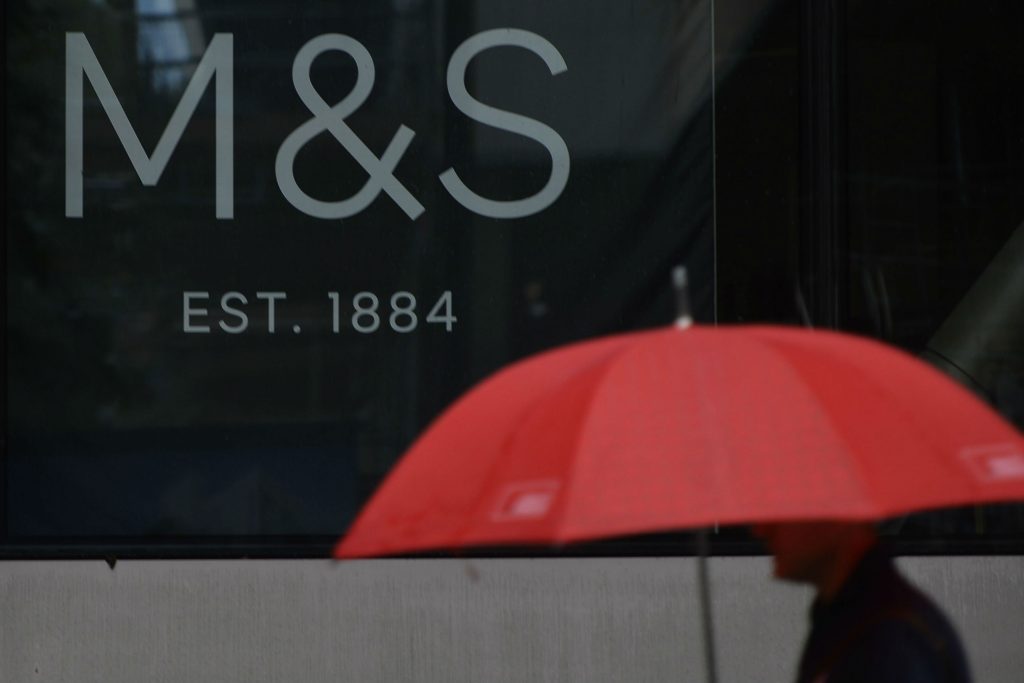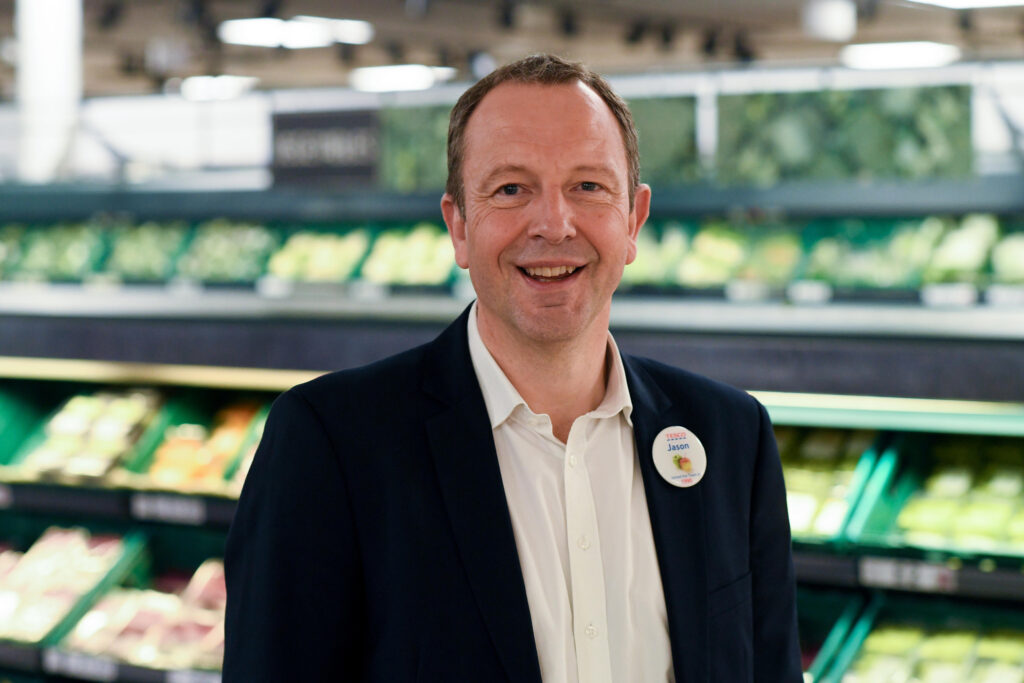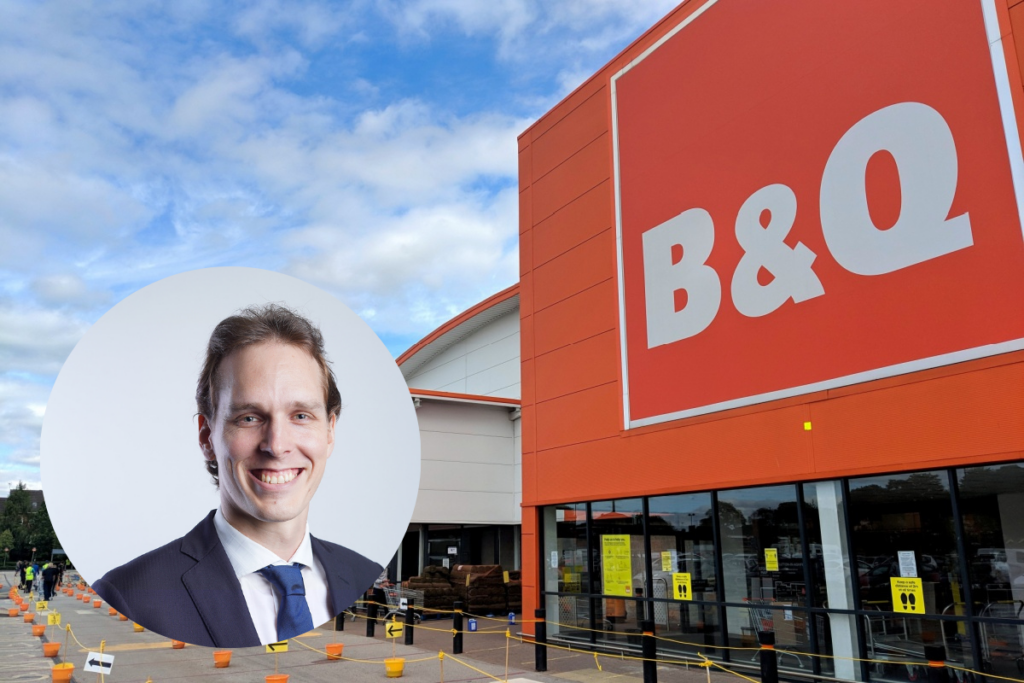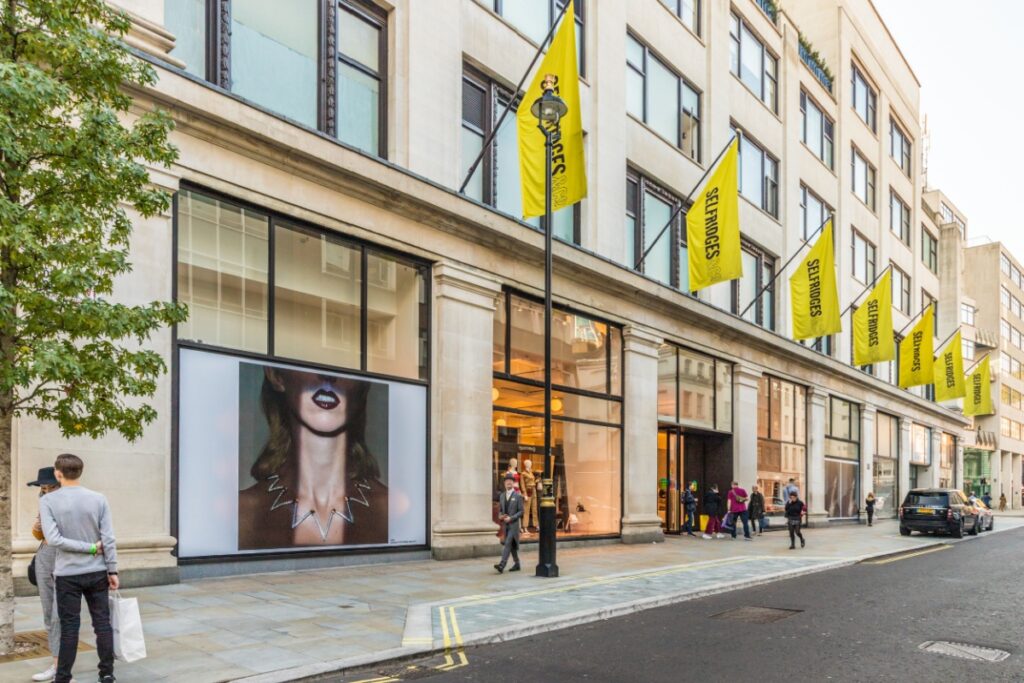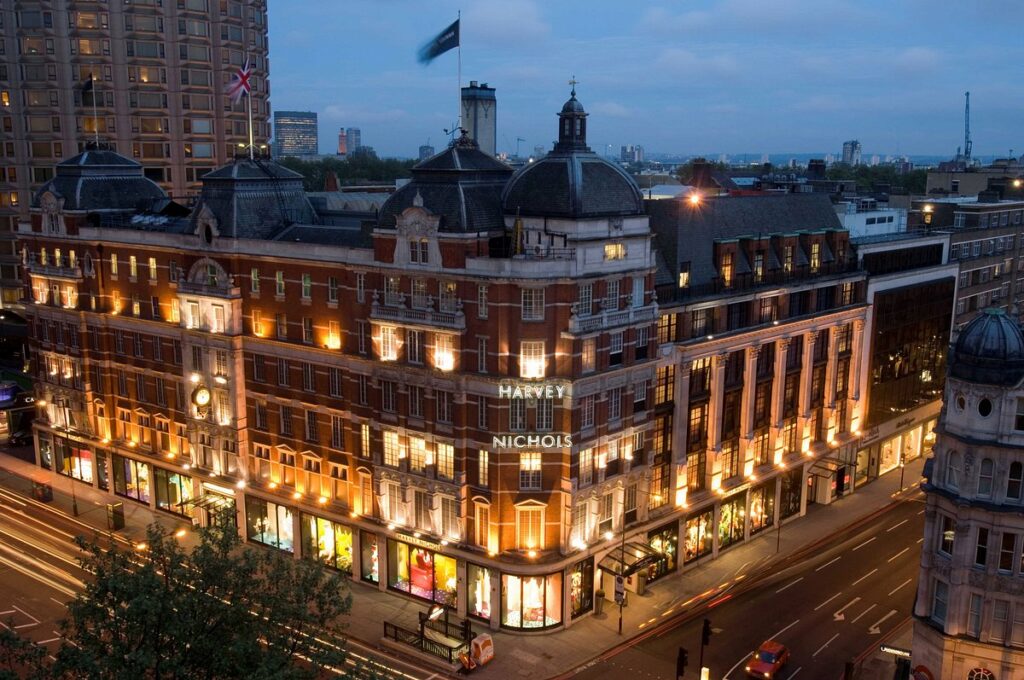“A lot more than retail”, tweeted a satisfied shopper alongside photos you‘d be forgiven for thinking were holiday nostalgia.
Look a little closer, past the sky-blue lake and vibrant foliage and the exotic undertones start to unravel. This is in fact a picture taken of a shopping centre, located a short distance from the M1.
Rushden Lakes is unique. It is a retail park bordered by a lake and surrounded by 200 acres of wetlands, a nature reserve run by The Wildlife Trust.
It has become the hotspot for brands who wish to showcase their commitment to sustainability, and has become the location for the first new House of Fraser (HoF) store in nearly a decade.
The two-story indoor living wall adorning the new store, which opened last month, is a far cry from the traditional architecture of its Grade II listed London flagship. It represents the new direction the retailer has taken ever since Dorothy Maxwell joined as head of sustainability in 2015.
@RushdenLakesSC A lot more than retail pic.twitter.com/J8jc5o9ayt
— N i s h a P a r m a r 🌸🐝 (@nishaparmar191) August 28, 2017
“Before we even started moving forward with the BREEAM certified store that is our first green flagship (Rushden Lakes), we had already started down the road of making improvements to the existing stores we have,” Maxwell told the Retail Gazette.
“We‘re moving faster than I would have anticipated from my experience, so that‘s really good and testament to the culture in HoF. When they commit to something they really commit to it.
“We were really able to leapfrog the improvement of that store, for example it will have about 50 per cent reduced carbon emissions and carbon footprint compared to an existing store in our estate of the same size.”
The department store retailer has already set in motion numerous initiatives to significantly reduce its carbon footprint. Many of its stores already have a successful zero waste to landfill operation, and it recently launched its sustainable packaging and organic cotton ranges.
“Demanding good standards is what any retailer and any brand can do, and that‘s very important because that‘s how you get market transformation.”
Despite the positive strides made in a short time in terms of environmental issues, sustainability has of late been in the spotlight for more sinister reasons.
New Look‘s now-former chief executive recently accused his fashion rivals of “turning a blind eye” to dismal working conditions in UK factories. The culture of supply chain neglect is a recurring theme in the industry, and something Maxwell believes needs plenty more work.
“At the moment, we‘re only at the beginning of the process to really understand our suppliers and how they‘re performing and working with them to improve that,” she said.
“We have lots more we can do and others are in the same boat. I think there‘s a wealth of activity, and improvement, and work involved in that over the next five to ten years.
“In terms of our house brands, we have a really in-depth level of responsibility.
“Demanding good standards is what any retailer and any brand can do, and that‘s very important because that‘s how you get market transformation amongst the supply base.
READ MORE: Big Interview: Jace Tyrrell, CEO, New West End Company
“The other thing is it’s very important not to generalise in this area, because in the UK you have some amazing factories with amazing performance and amazing brands and sustainability.”
HoF is in a unique position to be able to instigate change in this regard. For one, sitting at the premium end of product range allows for control over the supply chain that fast fashion retailers like H&M or Topshop don‘t have.
“It does have a higher price point but sitting behind that is typically a smaller set of suppliers with less pressurised critical paths,” Maxwell told Retail Gazette.
“You have more of an opportunity to have more sustainable business model. Also in terms of things like waste and resource use the products are designed to last longer.
“You have an opportunity to enable your customer to buy into something that‘s higher quality and therefore will last longer and so forth.”
Perhaps more importantly is HoF‘s position as a department store. Not only can they lead by example as a respected brand in terms of its own product ranges, but they own some of the country‘s most sough-after concession space and have control over what is sold.
By being firm on a certain set of values other fashion designers need to adhere to in order to be featured in its stores, HoF has the ability the opportunity to influence the supply chain of other brands for the better.
“Our code of conduct is about encouraging them to have the environmental and ethical standards that we require for those products.”
This was demonstrated earlier this year when a brand advertising its products as faux-fur in the department store was found to be using real rabbit hair.
“HoF is a fur-free retailer… we‘re constantly having to work with them to make sure they‘re doing back down their supply chain what we‘re doing with our house brands so that we eliminate those things happening,” Maxwell said.
“Our engagement with them really relates to the products they are selling in the HoF, and our code of conduct is about encouraging them to have the environmental and ethical standards that we require for those products.
“In general, we are working with them and engage them and to capacity build with them on what is really good practice. And that indeed might influence other aspects of the business.”
The combination of concerted commitment, broad ranging-influence alongside Maxwell‘s expert understanding of the issues standing in the way of achieving sustainability makes HoF a pioneer in the industry.
Unfortunately, one of these issues is that the end game is ever illusive. Fortunately, those like Maxwell at the forefront of change understand this best.
“For businesses, environmental challenges and ethical labour challenges are massive and I think the goalposts are always changing,” she said.
“There is always more to do, it‘s a continuous improvement.”
Click here to sign up to Retail Gazette‘s free daily email newsletter



